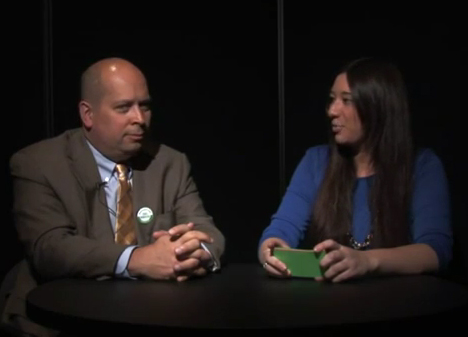Meaningful Use
"We're in a classically disruptive moment right now," said newly-minted U.S. Chief Technology Officer Todd Park, speaking Monday at the Healthcare Experience Design (HxD) conference, "from which more good will come than we can possibly imagine."
For physicians, the proposed rule for meaningful use Stage 2 offers some changes that make it easier for healthcare providers to demonstrate the requirements, including aligning measures with other quality reporting programs.
Though most stakeholders are still drowning in the 455-page meaningful use Stage 2 proposed rule, issued February 23 by the Department of Health and Human Services (HHS), a few groups have stepped forward to weigh in.
After some stops and starts, at last the federal government has released the long-awaited proposal for Stage 2 of qualifying for the meaningful use of electronic health records incentives.
On the third day of the HIMSS12 conference in Las Vegas, Farzad Mostashari, MD, took to the stage in what ended up being a rousing address to a packed room of attendees. Here are seven key highlights from Mostashari's keynote speech.
We sit down with Brantley Whittington, president of EHR vendor Extormity, provider of the world's most expensive, exasperating, and exhausting electronic health record. Mr. Whittington talks about HIMSS12 trends, the rising costs of HIT, and why he's lobbying for a stage 4 and 5 meaningful use within the next 24 months.
With Minnesota's GOP caucus set for Feb. 7, we spoke to the North Star State's health IT honcho about public-private partnerships, electronic health records, health information exchange, telehealth and more. Often billed as the healthiest state in the U.S., Minnesota has long been a healthcare IT leader.
A think tank with a healthcare task force chaired by former Senators Tom Daschle, a Democrat, and Bill Frist, MD, a Republican, is advocating for improved and better-used health information technology. Among the group's recommendations is "robust" data exchange.
Physician and blogger Kevin Pho, MD, who practices medicine in Nashua, N.H., discusses the healthcare issues that matter most to Granite State voters, and explains how politics shape ballot casters' views of health reform during the primary process.
Federal stimulus funds are paying to build or expand systems enabling healthcare providers within each state to share patient information, but state officials are concerned about how to keep paying for the programs once the federal money runs out, an iWatch News survey reveals.
